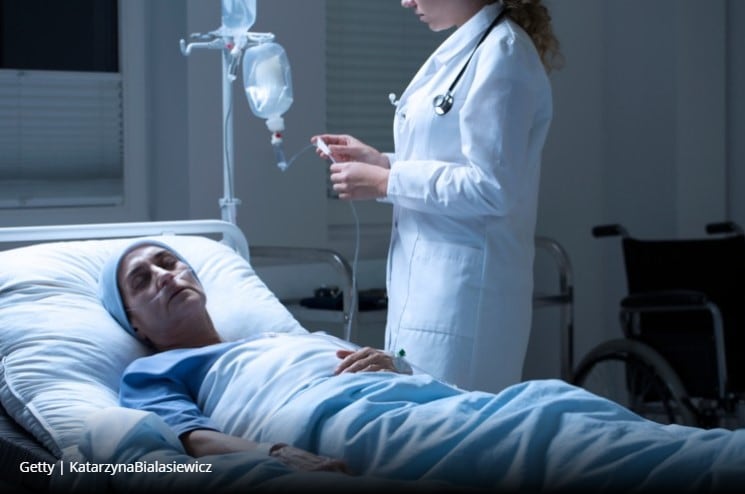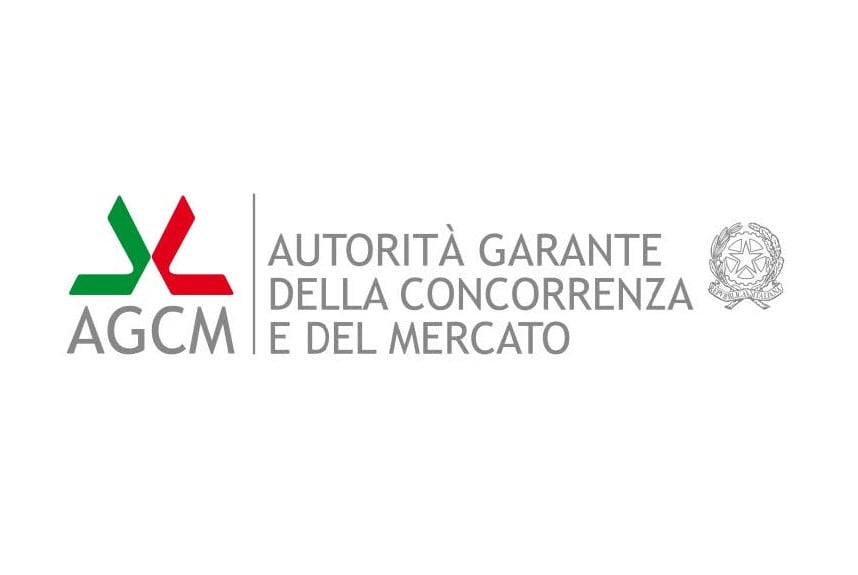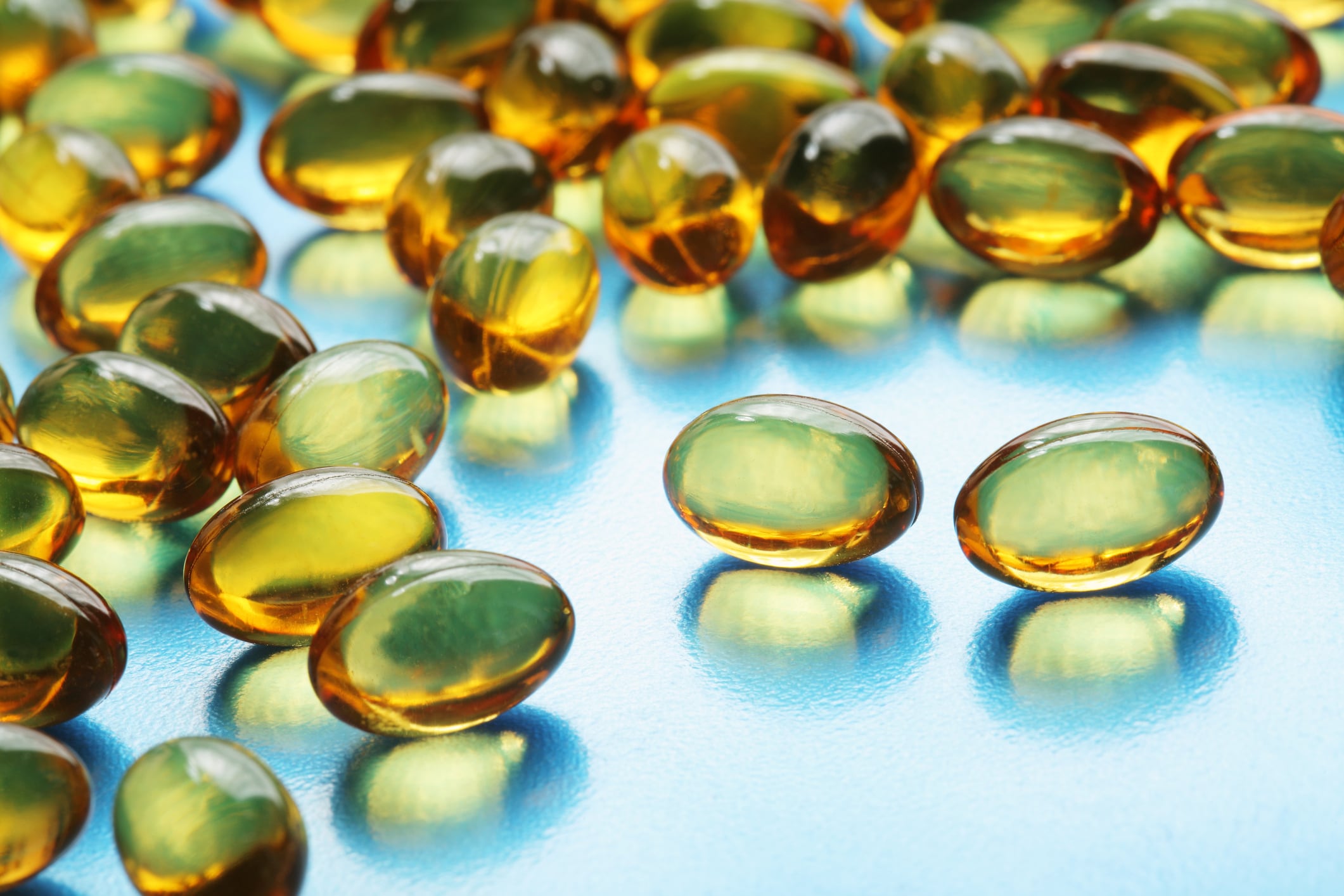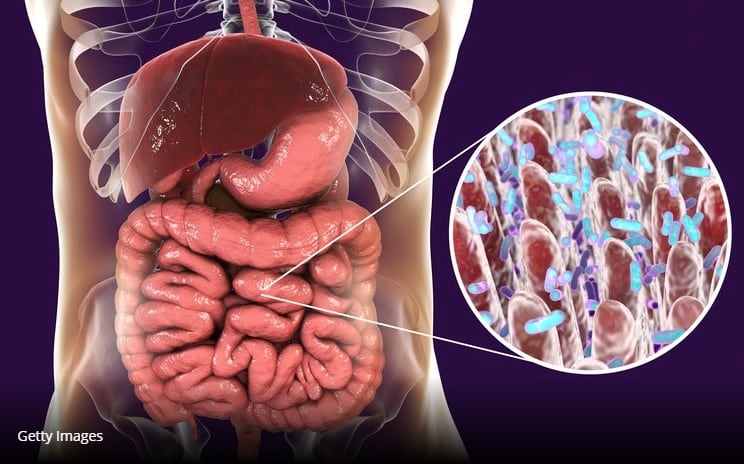According to The New York Post, medical teams at the Northwell Health facilities immediately gave affected patients 1,500 milligrams (mg) of vitamin C intravenously (IV). The same amount was then re-administered three or four times a day.
Each dose represents over 16 times the recommended allowance the European Food and Safety Authority (EFSA) permits for vitamin C, which is 90mg for adult men and 80mg for adult women.
Dr Andrew Weber, a critical-care specialist affiliated to Northwell Health told the newspaper, “The vitamin C is administered in addition to such medicines as the anti-malaria drug hydroxychloroquine, the antibiotic azithromycin, various biologics and blood thinners.
“The patients who received vitamin C did significantly better than those who did not get vitamin C,” he says. “It helps a tremendous amount, but it is not highlighted because it’s not a sexy drug.”
The revelations come as a recent study found vitamin C could shorten the length of stay in the Intensive Care Unit (ICU).
Finnish and Australian researchers carried out a review that found 12 trials with 1766 patients taking vitamin C reduced the length of ICU stay on average by 7.8%.
In six trials, orally administered vitamin C in doses of 1–3 grams per day (g/day) (weighted mean 2.0 g/day) reduced the length of ICU stay by 8.6%.
In three trials in which patients needed mechanical ventilation for over 24 hours, vitamin C shortened the duration of mechanical ventilation by 18.2%.
Drop in Vitamin C levels
The team pointed out that vitamin C levels can drop in patients with acute respiratory infections, giving cause to top up levels, irrespective of the vitamin’s influence – an observation also noted by Dr Weber.
“Vitamin C levels in coronavirus patients drop dramatically when they suffer sepsis, an inflammatory response that occurs when their bodies overreact to the infection,” he said. “It makes all the sense in the world to try and maintain this level of vitamin C.”
At least three clinical trials have started in China studying the effects of high-dose IV vitamin C for the treatment of COVID-19 with one beginning as recently as 14 February.
In addition, the Shanghai Medical Association released the first and only official government guideline on March 1 for the treatment of COVID-19 where high-dose IV vitamin C (100 -200 mg/kg per day) was endorsed by experts.
Its publication may have played a part in an explosion of vitamin C supplement sales in the country, where Chinese e-commerce giant, JD reported a five-fold increase in consumer purchases.
Sales of health products including vitamin C effervescent tablets, Traditional Chinese Medicine (TCM) brand Banlangen, and Xiao Chaihu (herbal formula) saw big increases.
JD said the virus outbreak was the cause of the surge consumption, and its higher online sales was attributed to consumers preferring to order delivery online instead of going to supermarket to purchase products.
Unlikely to cure COVID-19
However, in a separate article, Peter McCaffery, professor of biochemistry at the University of Aberdeen questioned the use of high-dose vitamin C in the treatment of COVID-19.
Writing in The Conversation, the professor said that while vitamin C does have some small effect on the common cold, it’s unlikely that taking large amounts of vitamin C supplements will cure a COVID-19 infection – or have a large effect at all.
Referring to the clinical trials that used high doses of vitamin C to treat COVID-19, he said that even if IV vitamin C worked to shorten or cure COVID-19, it would likely only be a stop-gap before therapies directed at the virus, such as vaccinations, took over.
“The most effective way to avoid the virus still remains washing hands, not touching the eyes, nose or mouth, and keeping your distance from anyone exhibiting symptoms,” he added.




